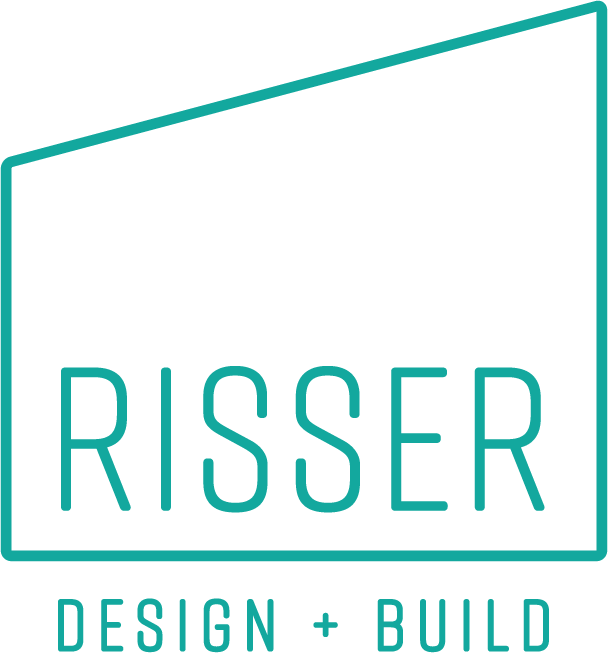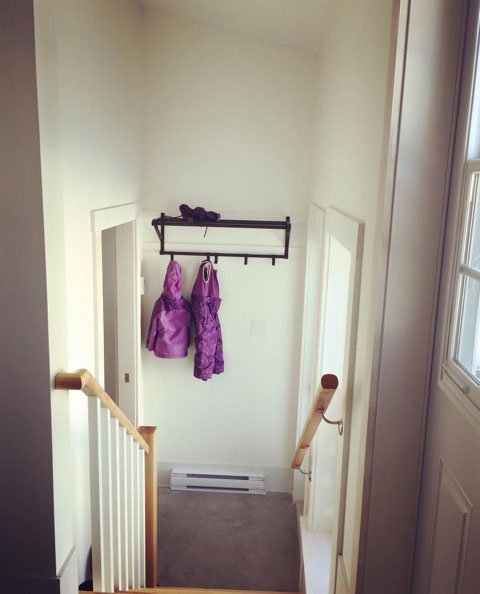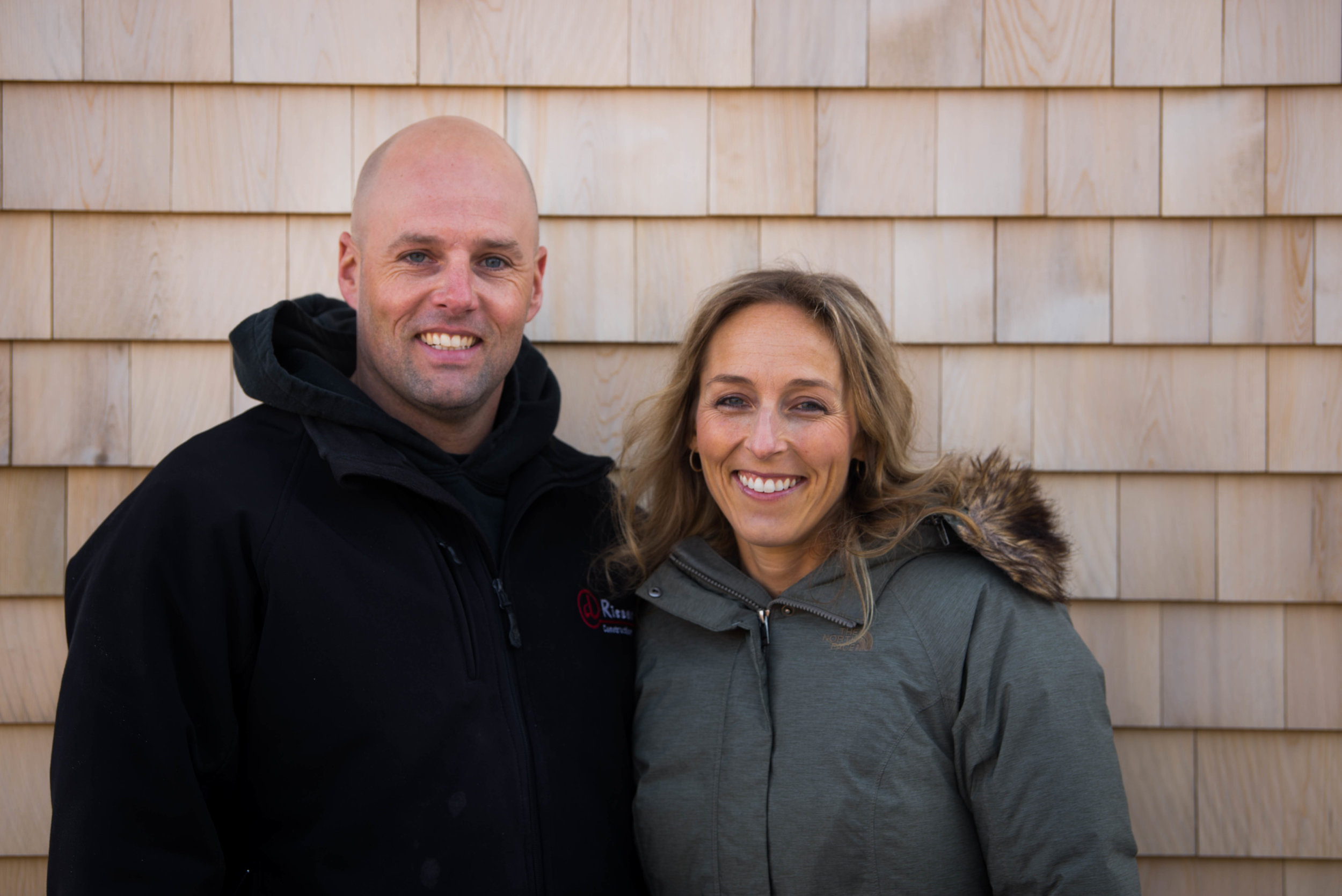5 Tips to Managing Your Long-Distance Home Build
You are about to build or renovate your dream home and you couldn’t be more excited. But there’s a catch: the build is going to be in another part of the country or a different part of the world from where you currently live. So, you are going to have to find a builder who can manage the project from start to finis
You are about to build or renovate your dream home and you couldn’t be more excited. But there’s a catch: the build is going to be in another part of the country or a different part of the world from where you currently live. So, you are going to have to find a builder who can manage the project from start to finish – someone you can trust with some of the most important decisions you will ever make.
This is where we come in. For more than 15 years, we have been managing custom home builds and renovations on the South Shore of Nova Scotia for clients who come from across Canada, the U.S and even Europe. So, we have become experts on how to help clients have peace of mind throughout the build, even when they are not able to be on site.
Choose a builder with deep local expertise and knowledge
When you are not from the area, you will need to rely on your builder to advise you on everything you need to know about a local build. Make sure they can speak to required permits and land use rules and restrictions, soil conditions, and which products and materials will work best within the natural environment. They should also have a good working relationship with licensed, local sub-trades including plumbers, electricians, excavation experts and concrete contractors. This ensures that all the sub-trades will be on site when required and available to fix issues as they arise. Test your builder’s knowledge by asking them to outline the specifics of your project and to give examples of where their local expertise was critical to the success of other builds.
Get to know the team and their credentials
When trusting your new home to a builder, you’ll want to take some time upfront to get to know the builder and their core team (even if it’s by phone or Zoom) so you can get a feel for their approach and communications style. You are going to spend months working together, so you must have complete faith and trust in them to manage your long-distance build. You’ll also want to ensure they have all the necessary certifications and insurance. You want to know that the crew working on your new home are properly trained and that you will not be liable for anything that could go wrong at the site or during the build. Don’t be afraid to ask local real estate agents or building inspectors about the builder’s reputation and definitely ask for references from other customers.
Ask who will manage all the little details
Equally as important as the quality of the construction of your new home is making sure that all the little details you really care about – such as the kitchen faucet, the unique tile in the bathroom or sourcing a unique wood species – are managed properly. We offer all our clients an experienced, in-house designer who visits the site at all stages of the build to be your eyes on the ground and ensure all that all your wishes are being met. Make sure there is someone on your builder’s team who you trust to oversee the key design elements that are essential to your vision and who can advise you throughout the project on any materials that may need revisiting.
Make sure there is a detailed communication plan from the start
Communication is key to any successful relationship with your builder but even more so when you are managing a long-distance home build. Make sure you ask for a communication plan that will enable you to track the progress of your build and have regular check-ins so you can get your questions answered as they arise. Ask the builder how they deal with problems that crop up during the build such as a disagreement between the builder and your architect, a kitchen countertop that arrives damaged or a brand of window that is no longer available.
We use a mix of phone check-ins, e-mails, photos and videos to ensure all of the homeowners we work with are able to see how their project is progressing and we work to highlight the specific details they really care about. This reduces their stress and ensures that there are no surprises at the end of the build.
Make sure the builder is working for you
Whether you are working with an architect, a purchased set of plans or using your builder to design your new home, there will always be little (and sometimes big) changes that will need to be made to plans, measurements and materials as the projects unfolds. Every supplier that works on your home will have an opinion on these issues, but you want a builder who will bring these to you and guide you in making the best decision for your specific project.
Having a builder who is working for you also means that they should be willing to commit to working within your budget and notifying you when things change along the way such as the cost of lumber or siding increases. We ensure our clients have final say on any discussions that could result in extra costs so there are no surprises at the end.
Considering a Renovation or Building an Addition? Here’s Where to Start.
Have you been house-hunting in Lunenburg (and/or surrounding areas) but haven’t quite found your dream home? Maybe your family has grown and you need more space, but can’t find anything on the market that suits your needs in the area.
“Have you been house-hunting in Lunenburg (and/or surrounding areas) but haven’t quite found your dream home? Maybe your family has grown and you need more space, but can’t find anything on the market that suits your needs in the area. Or maybe you are considering relocating to the South Shore and have a family home in the area, but would need to make some serious changes to it before you’d consider living in it.”
Over the past number of years we have experienced increasing numbers of hopes that homeowners can continue living in their homes, because they love the area. Many of these clients are young, growing families, and others are recently retired couples coming back to the area to take over an old family home. We understand why you want to stay on the South Shore — we also love this area!
Maybe your decision to renovate is based on one or more of these three factors:
You’ve been house hunting in the area for something that will fit your needs, but haven’t found a home that you love or that matches your requirements.
The price of homes has continued to rise and it doesn’t make sense financially to buy.
Your family is growing and you want to stay where you are, but need more functional space from your home.
If you’re in one of these situations, it’s time to give us a call!
Assessing Your Needs
The first step is for us to meet you and your family, and see how you are living in your space. Then we can come up with solutions that allow you to stay there and fully enjoy the home again. The most common room addition needs are an additional bathroom and or bedroom, but adding a family room or mudroom are common as well.
Planning Within Your Budget
Once we get a feel for the home, your family and your needs, we then look at how we can incorporate these rooms into their existing space, or whether we might need to consider building an addition. Much of this decision comes down to your budget, but you can be assured that we’ll advise on your best option to stay on track financially, while still creating your dream home.
Growing Family Builds a Small Addition with Big Impact
A few years ago now we worked with a family living in the heritage district of Lunenburg who had grown from a family of two to four. They had house-hunted for well over a year but hadn’t found anything that they loved. We developed a set of plans for building a small addition and by adding less than 200 sq.ft. we were able to give them a dining space, second bathroom and a small mudroom. This allowed them to re-purpose their dining room and enjoy the space as a new family room.
Retirees Update a Older Family Home
We recently worked with a couple retiring to the South Shore, to update an old family home where they have enjoyed their summers for many years. This design included re-purposing an unused pantry space and by knocking out a wall, we enlarged the kitchen to be more functional. We also modified the second floor to create a small shed dormer and re-purposed a storage room, which created space for a much-needed bathroom on the second floor as well as a walk-in closet for the master bedroom.
Young Family Expands Space to Accommodate House Guests
Another young, growing family in Lunenburg had been struggling with staying in a home they have grown to love. They are both from out-of-town and have lots of family that enjoy coming to visit and stay with them. They needed a space for guests, but were also looking for a family room separate from a more formal living room area. We met with them, took a look at the home and came up with a plan to renovate their walk-out basement to include a family room with a small bathroom that can now double as a guest suite.
We continue to see demand for renovations and home additions studies show that over the past 5 years, home remodeling has surged by about 30%.
and we have a feeling this trend is going to continue to grow in and around Lunenburg. We truly enjoy helping families repurpose a home that they have grown to love, and to use their space more efficiently!
Interested in discussing your renovation needs with our contractor and in-house designer? Click here.
10 Questions to Ask When Building A Custom Home
You’re building a custom home and you’re ready to get started. Building a new house is the largest investment most people will make in their lifetime, which is why it is important to get it right the first time.
You’re building a custom home and you’re ready to get started. Building a new house is the largest investment most people will make in their lifetime, which is why it is important to get it right the first time. When hiring a contractor, consider that this is your dream home and a considerable undertaking. You want to work with someone who communicates well, listens and understands your vision, has a stellar reputation and a trail of happy clients to prove it.
We’ve been building beautiful custom homes on the South Shore of Nova Scotia for more than 15 years, and we’ve put together some questions you can ask to help figure out if a contractor is right for you and your project.
#1 Do you have the necessary certifications?
To ensure that your builder is experienced in their craft and qualified to build the kind of home you want, there are some key certifications you should ask about:
Nova Scotia Construction Safety Association Certification, meaning that the crew will be working safely on projects and the home owners do not need to be concerned with job shutdowns from the department of labour.
Insurance coverage to take care of your home and the people working on it in case anything happens throughout the build
Worker’s Compensation clearance letter, which means that the home owner is not liable for any accidents that happen on their property.
At least one Red Seal Journeyman Carpenter on site as well as a number of apprentices who have been educated through a recognized carpentry course.
Third-party warranty such as the Lux Home Warranty. If you are building a new home and using a financial institution, it is becoming more and more common that you will be required to provide proof of a third-party warranty.
#2 Do you have good relationships with local sub-trades?
If your builder has experience building custom homes, they will have a good working relationship with licensed, local sub-trades including plumbers, electricians, excavation experts, and concrete contractors. This ensures that all the sub-trades will be on site when required and, if there is a need to come back to the project to repair a deficiency, this won't be a problem because they are all part of a team.
#3 How long have you been in business and are custom homes your specialty?
If you are building a new house, you’ll want to know that the contractor you are hiring has a number of completed homes under their belt. Ask them to tell you about the homes they are most proud of and why (and ask for pictures too!).
Beware of construction crews that lack custom home building experience as they will have difficulty planning components of the build, providing accurate pricing, and making allowances for the unknown. Having experience shingling a roof, putting a deck on a home, or doing a renovation project are very different in scope to a new home construction.
#4 How do you approach the quotation process?
Too often we hear stories of projects that run far beyond the quoted price, leading to disputes between the homeowner and builder. That's why is critical that you ask for detailed quote upfront that the contractor will guarantee.
Here's a tip: To determine whether a builder is gathering enough detail to give you an accurate quote, ask them if they collect pricing from each sub-trade by providing a clear set of plans. Also, you should identify if they will take into account the specific materials you want before quoting the project (such as the type of bathroom fixtures, tiling and hardwood flooring). A good builder will find out what's most important to you and make sure these elements are accounted for in the budget.
#5 Do you have a track record of building custom homes on time? Prove it!
Building a new house or completing a renovation will only run smoothly with specific planning and scheduling. Having a construction schedule in place from day one will keep the project moving forward and get you into your new home on time. An experienced builder will allow for weather, material delivery times and other details and should be able to deliver your home within a few weeks of the estimated completion date.
#6 What is the payment schedule?
This is another important detail to nail down right from the beginning. It is often advantageous for homeowners to work with a company who has the means to carry material costs and who will invoice them on a monthly basis, or who will work with a homeowner who is taking bank draws. Use caution when hiring a contractor who asks for a large percentage up front.
#7 What level of communication can I expect during the building process?
Regular communication throughout the building process is critical. Make sure you ask the contractor how often they typically communicate during a build and what their availability will be to answer questions as they arise. This should feel like a partnership and your builder should want your input all the way through – after all you’re building your dream home!
#8 Do you supply change orders?
Even with the best planning, sometimes a homeowner will decide to go with a custom shower rather than a tub surround, or a painted cabinet rather than stained. This can mean an increase in the original quoted price, or it can result in a decrease in price. A reputable builder will take the time to provide Change Orders, allowing the homeowner to see how their change is going to affect the final price before proceeding. This is a great tool for both parties when you want to stick to a budget and avoid surprises at the end of the project. A win-win!
#9 Can you make design and material recommendations for my project?
Your contractor should care about the details of your project and be able to advise you on what’s best for you given your budget. Builders who have in-house designers can help you choose the best materials for your design and also make recommendations throughout the build. Ask the builder who will make sure the details you really care about--such as the kitchen faucet, the fireplace mantel or the unique tile in the entranceway--are managed properly. An experienced custom home builder should be able to recommend the right products and materials for your needs.
#10 Can you supply references?
Most homeowners already know the importance of asking for references so don’t be shy. But you should also try and gather information from other sources such as local real estate agents, building supplies or building inspector. If you know of other homes built by a builder you are considering, stop by and chat with the homeowners to see what their experience was. Building a custom home is a big decision and should be an enjoyable, stress-free experience. Be sure to do thorough research before committing to a builder.






